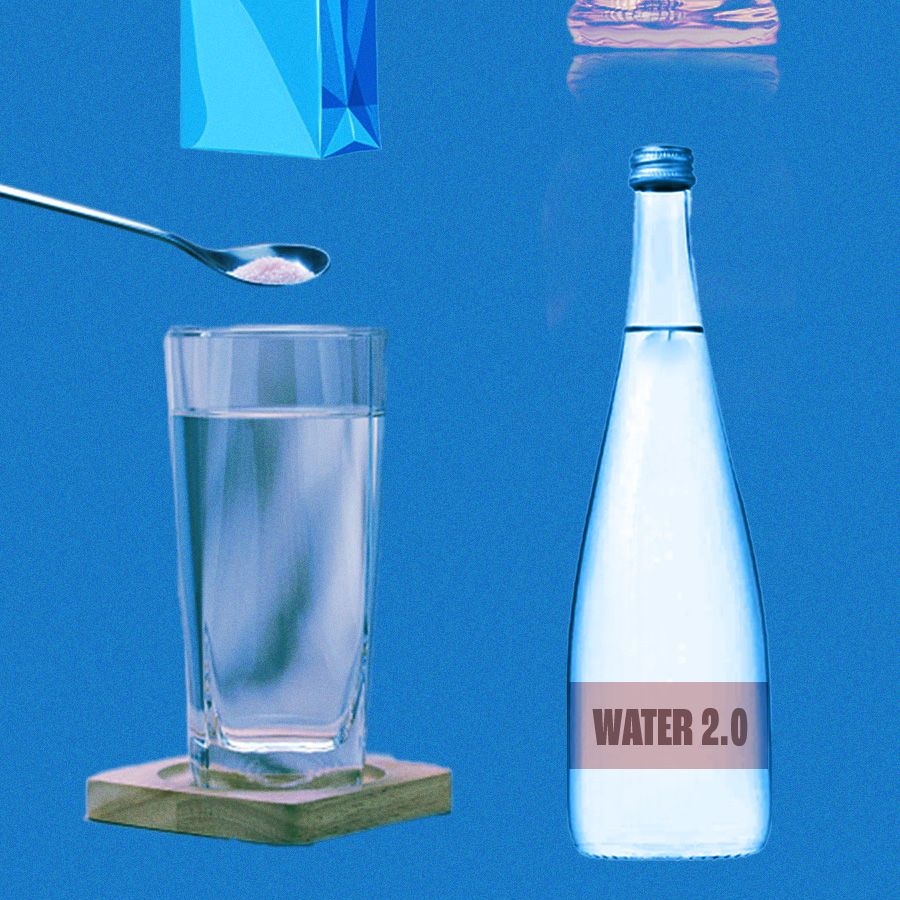Detox used to mean something simple. Flush out toxins, feel lighter, start fresh. But somewhere, it got rebranded into a competitive sport. And like any performance-driven habit, it has a fatal flaw: it’s extreme. You’re either all-in or all-out, swinging wildly from one extreme to the other—binging on sugar and screens until you crash, then swinging back with juice cleanses, social media blackouts, or radical lifestyle resets. “It is like ignoring your notes all semester, then pulling an all-nighter before the exam. You feel great for the effort, but the knowledge does not stick, and you are burned out the next day. People who are stuck on this hamster wheel use detoxes as a form of punishment. They end up in a binge-guilt-restrict loop which keeps their nervous system in a constant state of stress”, says Miloni Ruparelia, mental health therapist and clinical psychologist.
But here’s the uncomfortable truth: your body, brain, and schedule thrive on the consistency that balancing brings. “Compassionate self-correction, making small supportive changes without punishment, is far healthier psychologically”, adds Ruparelia. And yet, consistency never gets the spotlight because it’s too subtle, too unsexy, too hard to brag about at brunch. No one wants to hear about how you drink an extra glass of water daily or sleep before midnight a few times a week.
So maybe the smarter way is to detox the idea of detox itself.
Quitting everything overnight feels cinematic, but it rarely works in real life
There’s a strange satisfaction in deleting all your apps in one impulsive move, swearing off caffeine in a dramatic goodbye, or throwing out every processed snack in your kitchen. It feels decisive. Like you’ve finally taken control. But the inevitable is always just a tap away. Two days later, you’re reinstalling Instagram, begging a barista for an emergency latte, or sneaking chips like contraband.
The truth is, our brains don’t respond well to absolute bans. Remember: Small changes stick; grand gestures usually unravel.
Your blender doesn’t need to dictate your identity
Juice cleanses are the poster child for detox extremism: highly photogenic, vaguely scientific, and ultimately unsustainable. Well, your body isn’t begging for liquefied kale. It’s begging for balance. And no, your body doesn’t need a green-sludge-only diet for a ‘reset’. What it does need is fibre, protein, and carbs that aren’t demonised into extinction. “This diet lacks protein, fatty acids, and other essential nutrients. The daily laxative regimen can cause dehydration, deplete electrolytes, and impair normal bowel function. It can also disrupt the native intestinal flora, microorganisms that perform useful digestive functions,” says Anaheez Patel, a certified nutrition coach.
A common misconception about the relationship between food and mood is the need for an all-or-nothing approach, says Dr. Uma Naidoo, nutritional psychiatrist and author of This is Your Brain on Food. Start with one or two pillars of nutritional psychiatry, such as “adding a side green salad to each meal, or berries to your daily diet, and adding more daily servings of different lower glycemic vegetables like cauliflower, lettuce, cabbage, green beans, and spinach to your menu. This is a great way to begin incorporating mood-boosting foods into one’s diet.”
Working out to punish yourself is not the same as moving for yourself
There’s a specific kind of detox guilt that drives people into punishing workouts. Ate a burger? Add ten extra burpees. Had cake? Double spin class. But exercise-as-punishment is not a good idea. Eventually, you burn out, or worse, start associating movement with shame. A smarter approach is detaching exercise from guilt.

Reem Khokhar, an Independent Journalist, who dances everyday says, “Not every day has to yield progress. When I’ve been sick, I’ve lain on the floor or sat and practised hand movements gently. I save easy, quick routines to learn or record on nights I get home late. If I’m tired, I just clock my minutes by recapping what I learned the previous day. Sometimes I learn complex routines in a single hour-long session, or over three days in 30-minute slots, or even a couple of weeks, inching along in five-minute sessions. Daily practice must work around my schedule, workload, and mood. It is meant to be fun, not stressful.” So, take walks, stretch, lift, dance in your room to Taylor Swift; move because your body feels good when you do.
Silence doesn’t need to be a luxury retreat
The fantasy is appealing: disappearing into a ten-day meditation retreat, sitting in silence, emerging as a calmer version of yourself. The reality? Mental detox doesn’t have to mean Himalayan exile. It can be as small as a phone-free breakfast, a five-minute breathing exercise before bed, or a no-notification window while you work.
Announcing a social media cleanse is usually just another way of procrastinating
There’s nothing like announcing a ‘social media detox’ to feel instantly virtuous. It’s like saying, “I’ve transcended the algorithm, I am free.” But let’s be honest: most digital blackouts barely work. The apps get reinstalled, the doomscroll resumes, and nothing really changes.
That’s because quitting means you’re dodging the real issue: how you use it. Instead of deleting your accounts, try curating your feed like you Marie-Kondo your closet. Keep the pieces that spark joy (the dog reels, the recipe hacks, the oddly soothing videos of people power-washing carpets). Toss the stuff that doesn’t: toxic exes, diet culture, people who post #NoDaysOff while they’re obviously still in bed.
The detox that works is the one nobody sees
Here’s the spoiler alert: balance doesn’t come in a bottle, a blackout, or a bootcamp. The smarter move is to ditch the myths, call time-out on the cult of cleansing, and make realistic, long-term shifts that let you breathe without burning out. It’s about finding balance in the most boring habits. Drinking water. Sleeping on time. Logging off when you’re tired, not when you’ve already spiralled.
Because, guess what? Boring is what sticks. And when it comes to wellness, sticking is the only thing that really matters. After all, it isn’t about how hard you can quit. It's about how well you can quietly rewire how you live day to day. End of the day, boundaries bring balance, blackouts bring binges. Period.
Sign up to HSBC Premier Banking for insider access to leading wellness experts.




